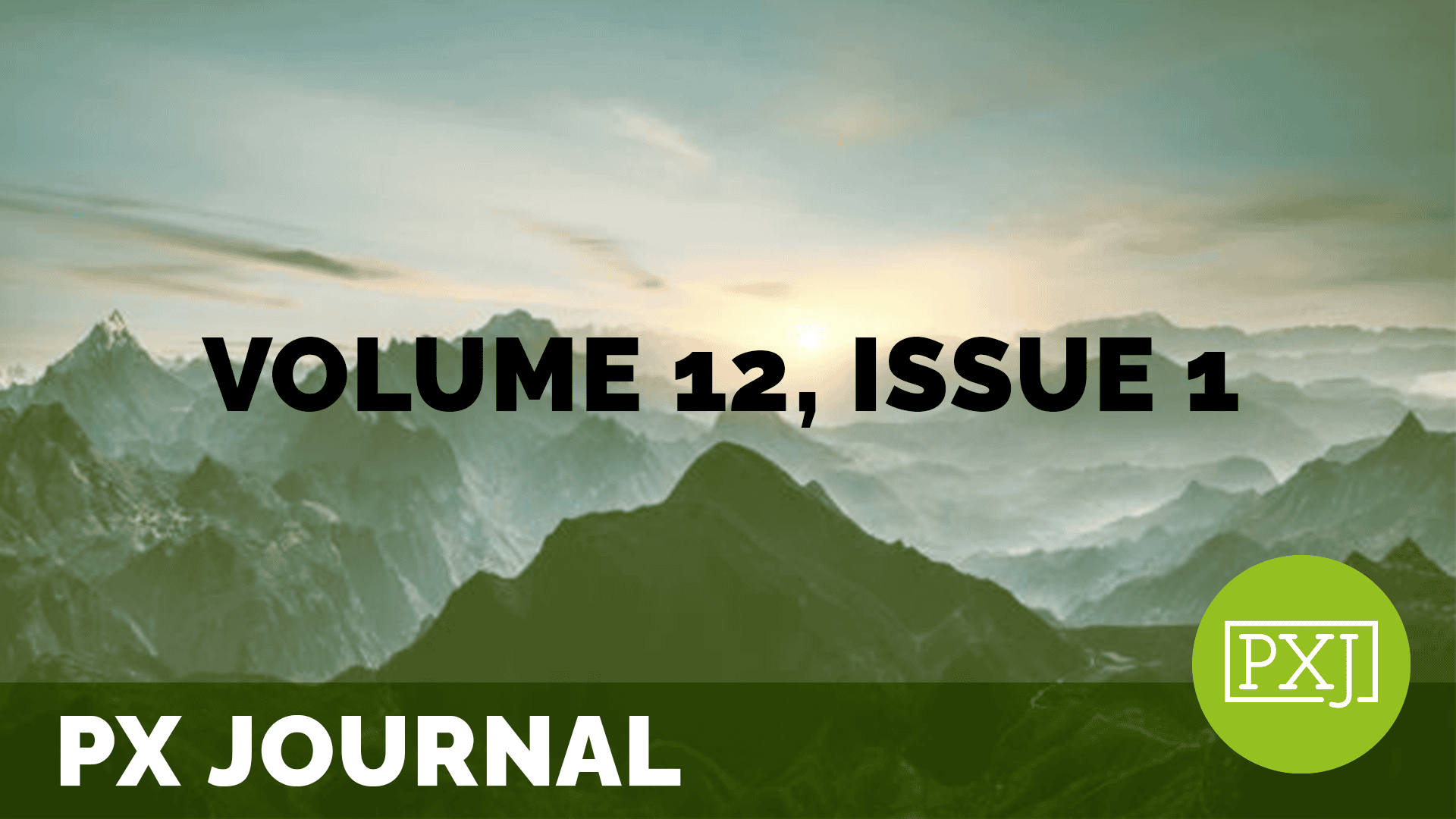My Life, My Story and Life Recovery among Veterans with Substance Use Problems

The United States Veterans Health Administration My Life, My Story (MLMS) program is a patient-centered care intervention where veterans are interviewed about their life story and may grant permission to include it in their electronic health record (EHR). Our purpose was to focus on a sample of MLMS narratives from veterans with self-disclosed substance use (SU) from our institution, and to evaluate the potential relationship between their content and a life change for the better, and to compare their content with the EHR. Methods: The narratives were reviewed on 4 domains (past challenge, substance use, experience of a turning point or insight, life improvement) by two reviewers using a pre-specified code book. 31 narratives were reviewed. Additional demographic and clinical data were abstracted from the EHR. Results: Veterans’ mean age was 68.7 (SD = 6.0) years when interviewed. All were male and had a tobacco (23%), SU (45%), anxiety (32%), mood (45%), or post-traumatic stress (32%) problem on EHR review. 48% received outpatient mental health treatment whereas 24% received outpatient SU treatment. With regards to MLMS content, 74.2% described a significant life stressor, 93% confirmed SU, 71% reported a turning point, and 80.7% had experienced life improvement. There were no statistically significant relationships between the EHR data and MLMS content areas. However, when a turning point was described, the odds of having a life improvement were increased 26-fold (OR = 26.2, 95% CI = 2.4, 288.9, c-statistic = 0.84). Conclusion: The MLMS narrative from the veterans’ perspective provides additional richness to their history unavailable in the EHR.
Related content
-
 Patient Family & Community Engagement
Patient Family & Community EngagementAdolescents with Cystic Fibrosis Expressing their Possible Selves through Photovoice: a Longitudinal Interpretative Phenomenological Analysis to Prepare a Peer Support Intervention for Healthcare Transitions
While the transition from pediatric to adult care has become a field of study and practice focused on preparing the adolescent to “become an adult with a chronic condition”, we are conducting participatory research to develop, implement, and evaluate a peer-support intervention aimed at supporting transition from pediatric to adult care for adolescents living with
Learn more -
 Patient Family & Community Engagement
Patient Family & Community EngagementPX Chat on PFA/PFACS: Sustaining/Growing (December 3, 2025)
12pm ET / 11am CT / 10am MT / 9am PT – Join The Beryl Institute community for an opportunity to connect with your peers on the support and resources needed to address efforts around sustaining and growing PFAs and PFACs in their organizations. Breakout discussion groups allow you to share your challenges, celebrate your
Learn more -
 Patient Family & Community Engagement
Patient Family & Community EngagementConsumers’, Family Members’, and Health Practitioners’ Perspectives on Increasing Activity Engagement of Older Patients Admitted to Geriatric Hospital Units
The aim of this study was to explore the perspective of consumers, family members, and health practitioners on increasing patient activity engagement in a Geriatric Evaluation and Management (GEM) Unit. This study followed a qualitative phenomenology approach. Semi-structured interviews were conducted, audio-recorded and transcribed verbatim with consenting patients (n = 12), family members (n =
Learn more
